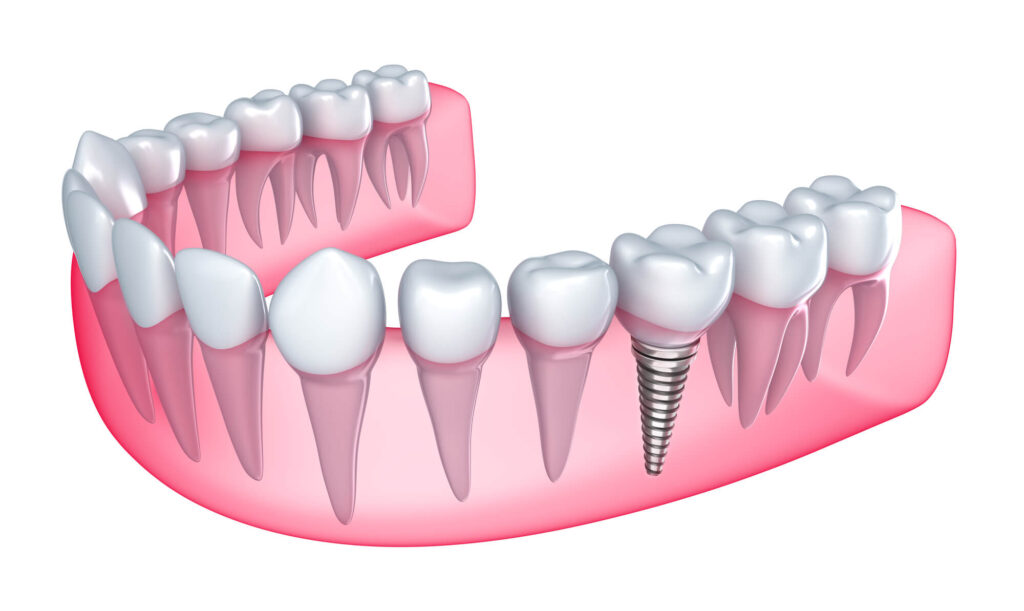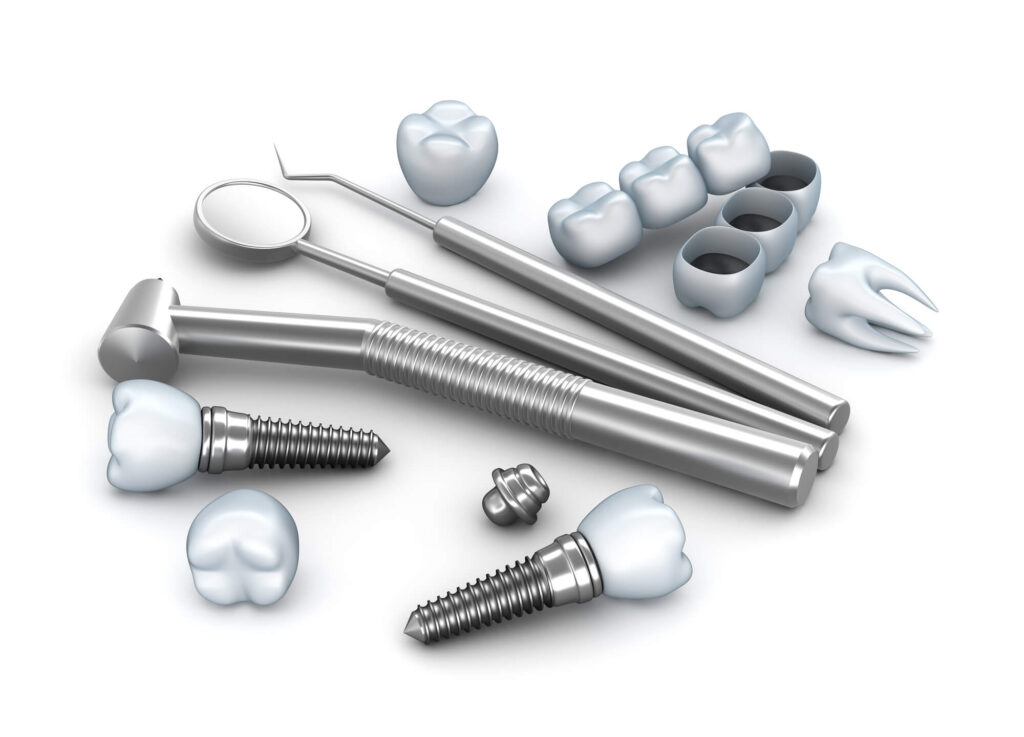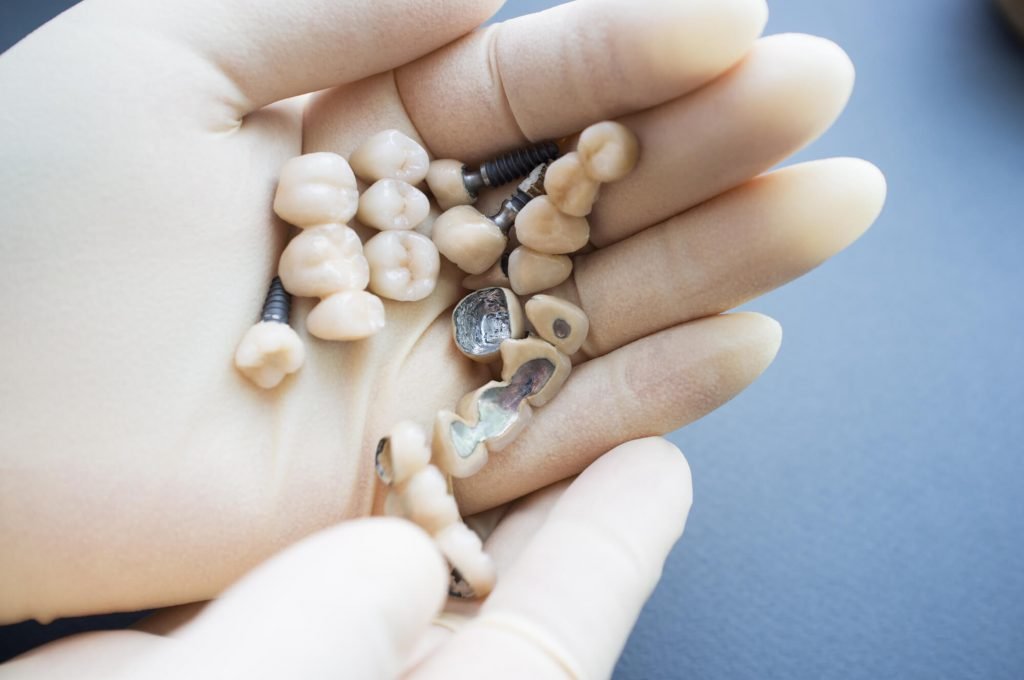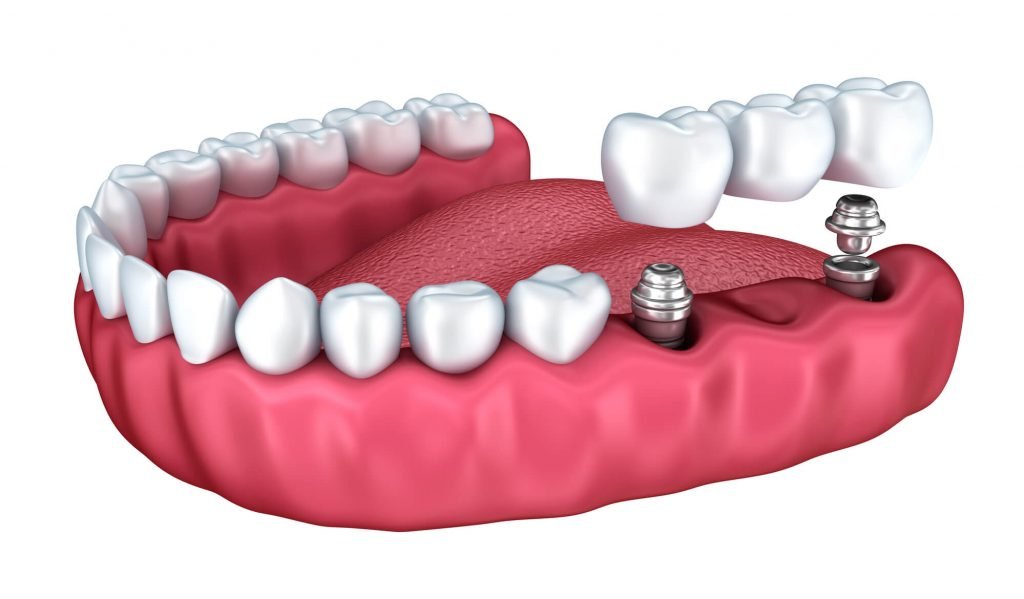Embarking on the path to improved dental health through procedures like dental implant surgery is an exciting journey. While the prospect of discomfort might raise some concerns, it’s important to know that post-procedure pain is generally manageable and temporary. You won’t have to worry about anything with a skilled, experienced implant dentist San Francisco CA. Let’s explore what patients can expect after dental implant procedures and how to ensure a smooth recovery.
 Navigating Post-Procedure Discomfort
Navigating Post-Procedure Discomfort
It’s important to understand that some level of discomfort is normal after a dental implant procedure. This discomfort is primarily a result of the body’s natural healing response to the surgical site. The good news is that the intensity of the discomfort varies among individuals and is usually manageable with proper care and pain management techniques.
Immediate Post-Procedure Period
You might experience some soreness and tenderness around the surgical site in the immediate hours following your dental implant surgeon sf. This discomfort is often mild to moderate and can be alleviated by following the post-operative instructions provided by your dental team. Ice packs can be applied to the outside of your cheek in short intervals to help reduce swelling and numb the area, contributing to pain relief.
The First Few Days
As your body begins healing, you might notice an increase in discomfort during the first few days after the procedure. This is normal and expected. Your dentist or oral surgeon will likely prescribe pain medications or recommend over-the-counter pain relievers to help manage this initial phase of discomfort. It’s essential to take any prescribed medications as directed and adhere to the recommended dosage.
Easing Discomfort at Home
Beyond medications, there are several simple strategies you can employ to make your recovery more comfortable:
- Rest and Elevate: Rest is crucial for a swift recovery. Elevating your head while resting can help reduce swelling and alleviate discomfort.
- Soft Diet: Stick to a soft diet during the initial days to avoid putting unnecessary pressure on the surgical site. Choose nutrient-rich, easily digestible foods.
- Oral Hygiene: Follow your dentist’s instructions on oral hygiene. Gently rinsing with a prescribed mouthwash or warm saltwater solution can help keep the area clean and reduce the risk of infection.
- Avoid Straws and Smoking: Sucking through straws and smoking can disrupt the healing process. Avoiding these activities can contribute to a more comfortable recovery.
- Hydration: Drink plenty of water to stay hydrated and promote healing.
When to Seek Professional Assistance
While some discomfort is expected, it’s crucial to differentiate between normal post-operative pain and potential complications. If you experience severe or increasing pain, excessive bleeding, persistent swelling, or any signs of infection, contact your dental provider immediately. Addressing concerns promptly ensures that any issues are addressed early on.
 Are You Looking for a Trusted Implant Dentist in San Francisco?
Are You Looking for a Trusted Implant Dentist in San Francisco?
The road to a stunning and functional smile through dental implants may involve a short post-procedure discomfort. However, this discomfort is temporary and manageable with proper care, pain management, and adherence to your dentist’s guidelines. Your dentist is your ally in this journey, and they’re there to guide you every step of the way.
At the Center for Implant Dentistry, we understand that a pain-free and comfortable recovery is essential to your overall dental experience. Our experienced team is dedicated to providing personalized care, ensuring your journey to restored oral health is as smooth as possible.
If you’re considering dental implants or have any questions about the recovery process, we’re here to help. Contact us today to schedule dental implants in San Francisco consultation and take the first step toward your beautiful and functional smile. Your comfort is our priority.
 Navigating Post-Procedure Discomfort
Navigating Post-Procedure Discomfort Are You Looking for a Trusted Implant Dentist in San Francisco?
Are You Looking for a Trusted Implant Dentist in San Francisco?
 Get Your Dental Implants in San Francisco for a Better Smile!
Get Your Dental Implants in San Francisco for a Better Smile!

